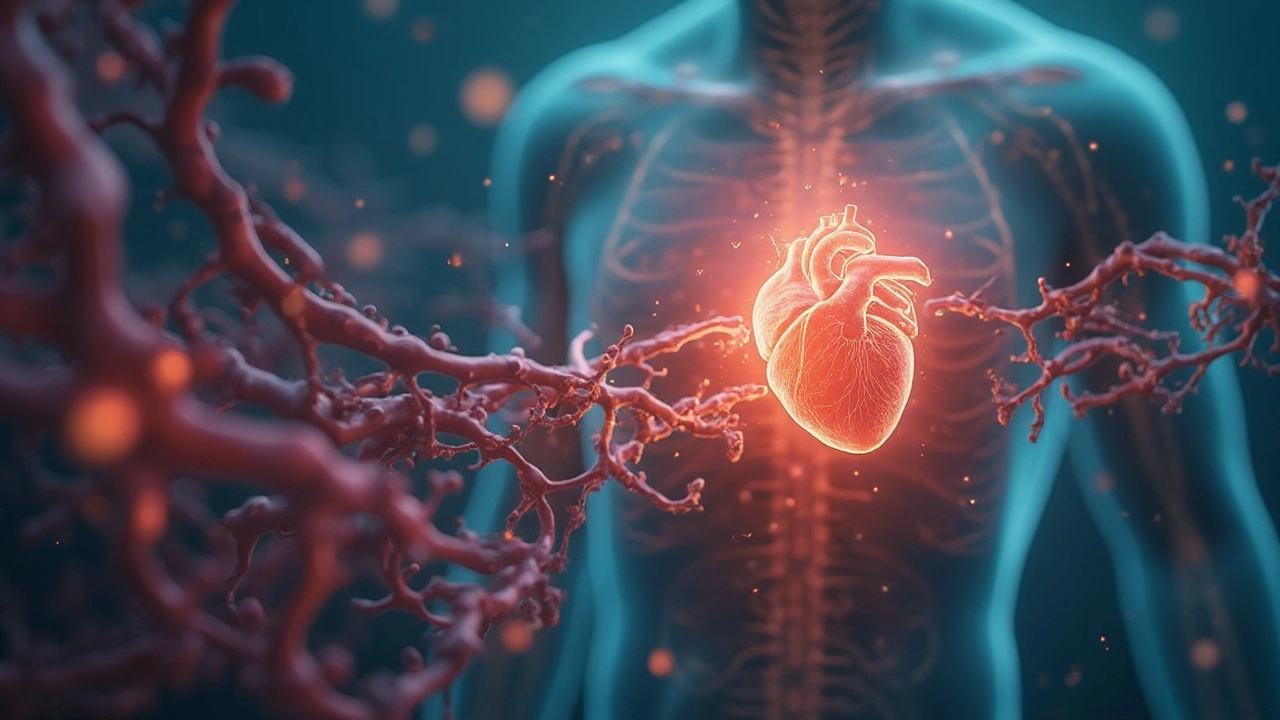Ever had a blood test that showed “triglycerides” and wondered if that number matters? It does. Triglycerides are a type of fat in your blood that your body uses for energy. Too many can raise your risk of heart disease and, at very high levels, cause pancreatitis.
Here are the common lab cutoffs you should know: normal <150 mg/dL, borderline 150–199, high 200–499, and very high ≥500 mg/dL. A level above 1000 mg/dL is where pancreatitis becomes a real concern. Most people have no symptoms, so a routine lipid panel is the way to find out.
High triglycerides usually come from a few clear sources. Ask yourself: do you drink a lot of alcohol? Eat a lot of sugary drinks, pastries, or white bread? Are you overweight, inactive, or on certain meds like beta-blockers or steroids? Medical causes include uncontrolled diabetes, hypothyroidism, and some genetic conditions.
When you get tested, labs may use a fasting or non-fasting sample. Fasting levels are traditional, but non-fasting tests are now common and still useful. If your number is high, your doctor will usually repeat the test and check for diabetes, thyroid problems, and liver issues.
Start with small, specific changes. Cut added sugar and refined carbs—swap soda for water and white bread for whole grains. Reduce alcohol; even small amounts can spike triglycerides in some people. Aim for 30 minutes of moderate activity most days—brisk walking or cycling works.
Focus on foods that help: fatty fish (salmon, mackerel) twice a week for natural omega-3s, plenty of fiber from beans and vegetables, and healthy fats like olive oil and avocados. Losing 5–10% of body weight often produces a noticeable drop in triglyceride levels.
If lifestyle changes aren’t enough, medications may be needed. Statins lower overall cardiovascular risk and can lower triglycerides. Fibrates, prescription omega-3s, and niacin are other options your doctor might discuss depending on your numbers and health history.
Want a quick plan? Start by cutting sugary drinks and two servings of refined carbs per day, add a 20–30 minute walk, and eat fatty fish twice weekly. Recheck your bloodwork in 3 months. If triglycerides are still high, talk to your clinician about medication and further testing.
If you have very high triglycerides or new abdominal pain, seek care right away—pancreatitis is serious. For moderate elevations, small, consistent changes pay off fast. Ask your provider for a tailored plan and keep an eye on your numbers.

Fenofibrate, usually known for managing cholesterol levels, has a surprising impact on overall cardiovascular health. By targeting triglycerides, it not only improves heart performance but also reduces risks associated with heart attacks and strokes. This article delves into how fenofibrate works, its benefits, potential side effects, and tips for safe consumption. Whether you're new to fenofibrate or looking to optimize its use, here's comprehensive guidance for enhancing heart health.
Clear, safe steps to get Nitrofurantoin online: legal paths, trusted pharmacy checks, prices, timelines, and red flags to avoid. Practical 2025 tips, no fluff.
Trying to reach getroids1.net? Here’s how to find the site safely, check if it’s legit, understand Canadian law on steroids in 2025, and what to do if you already ordered.
Bioequivalence studies prove generic drugs work the same as brand-name ones by comparing how they're absorbed in the body. Learn the step-by-step process, from study design to statistical analysis.
Learn how to tell a sore throat from strep throat, understand key symptoms, testing methods, treatment options, and when to seek medical help.
Explore how sex-pharm24.com works, discover safe ordering, real product quality, and tips for discreet, secure pharmacy delivery. All you need to know in one guide.